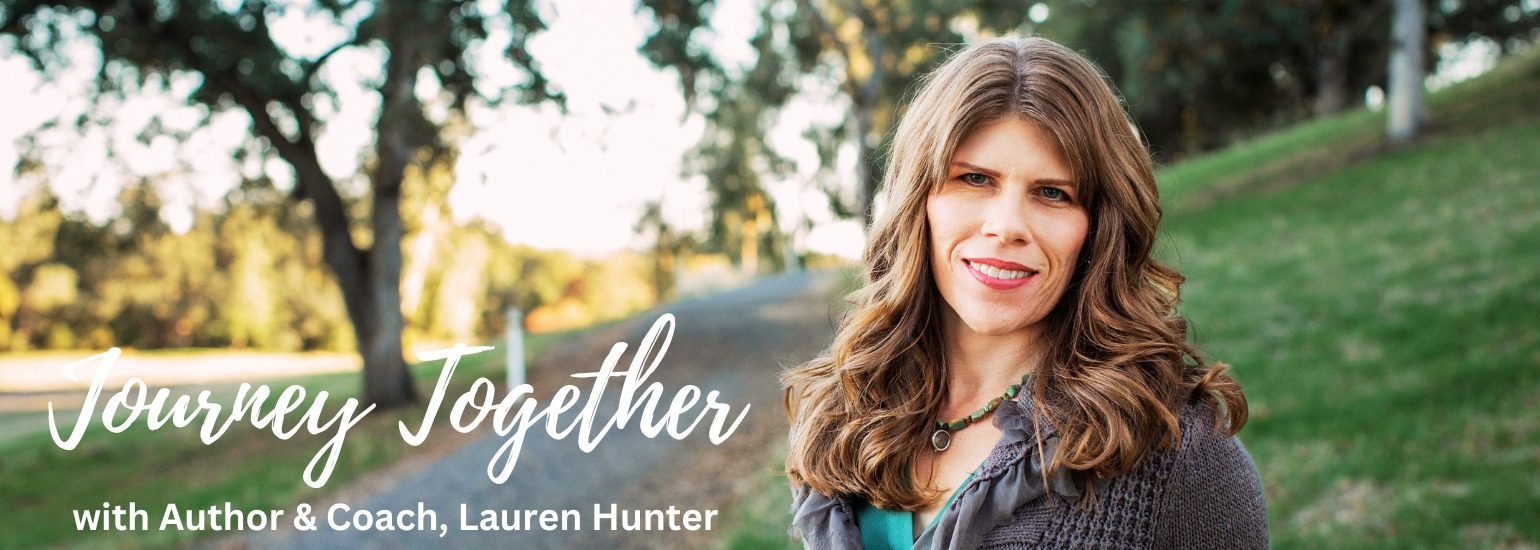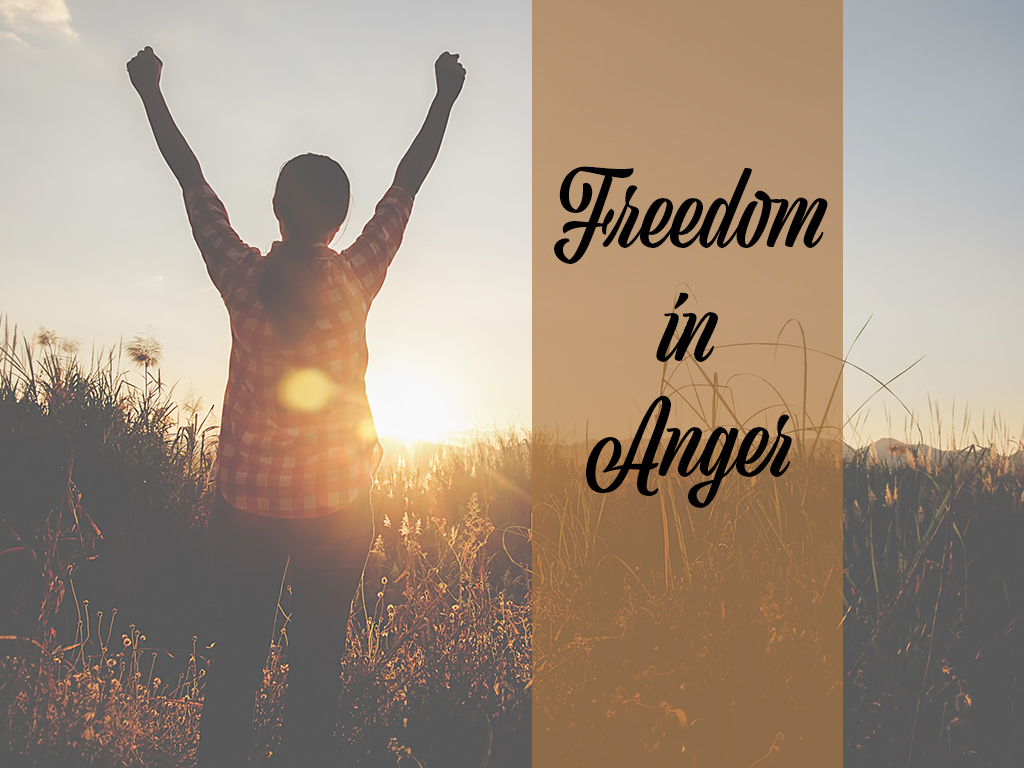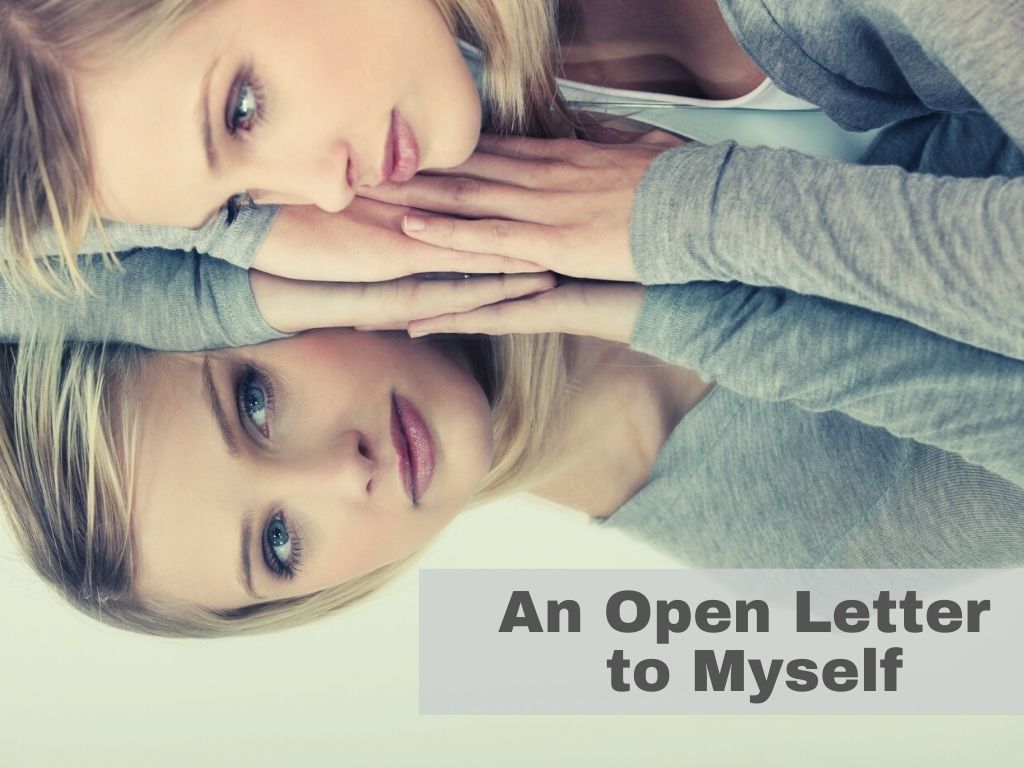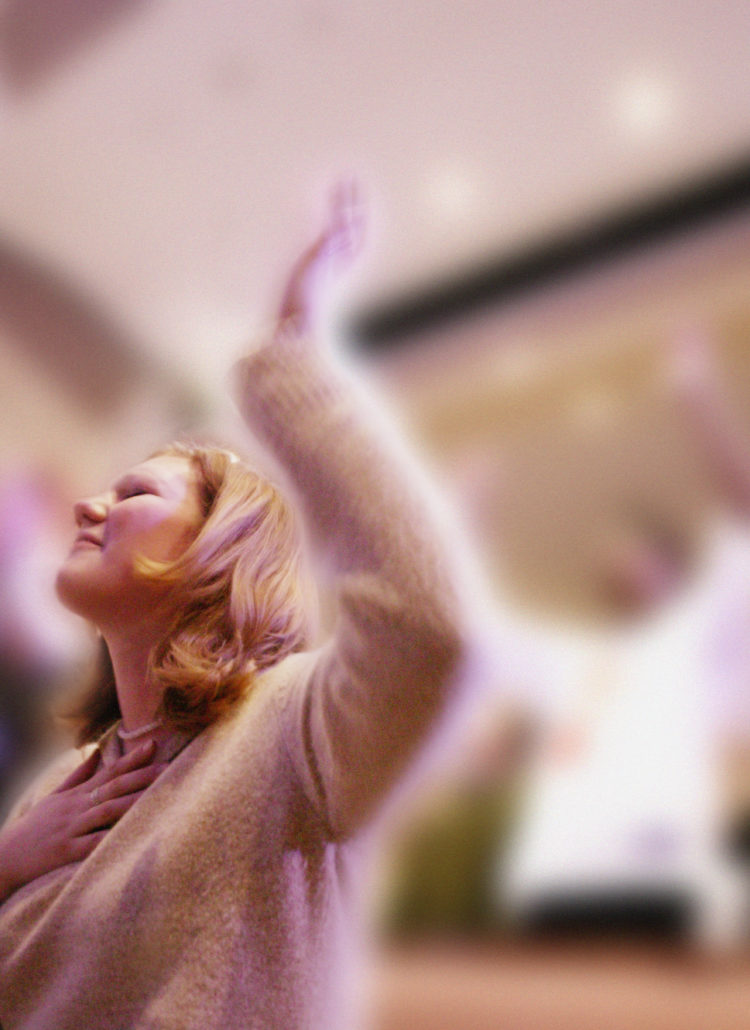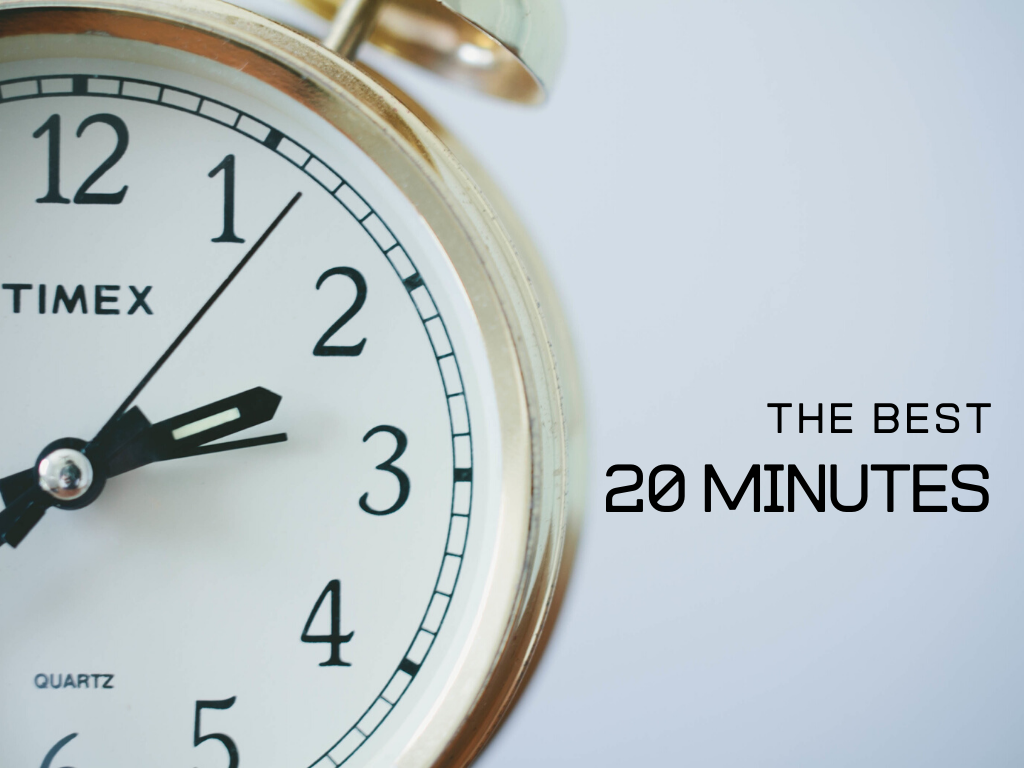After a quick breakfast, I helped my kids locate their shoes and backpacks, then herded everyone into the garage to load into the minivan. For this one year only, all four of my kids attended the same school. My oldest was in fifth grade, second born in third grade, the third child was in kindergarten which allowed us use of the kinder parking lot for pick up and drop off. The youngest went to preschool several mornings a week run by the city on our school campus.
As I pulled into the lot, I had to stop suddenly for another parent who was breaking the rules by stopping in the red zone to drop her child off, thereby backing up the cars into the street. The mom behind me stopped suddenly, then angrily backed up, veered around me on the left and went through the driveway going ‘in’ the wrong direction. I immediately laid on my horn as she passed me. I was furious as I watched this rogue mother break the parking lot rules just so her child could be on time instead of waiting patiently behind me.
[bctt tweet=”I was furious as I watched this rogue mother break the parking lot rules just so her child could be on time instead of waiting patiently behind me.” username=”laurenhhunter”]
After the parking lot cleared a few minutes later, I pulled over in the drop off zone–right behind the mom who had just broken the rules. As the mom got out of her car and saw that it was me–we recognized each other as friends. We were both angry, irritated, and frustrated by the parking lot jam up.
I spouted off about safety and obeying the rules so that we don’t mow down kids in the parking lot. She agreed and said, “I know you’re right. I shouldn’t have done that.”
Later that day, I texted her: “I’m so sorry for my behavior. I was clearly angry about additional things and I totally took it out on you.”
She replied back, “I completely understand. Me too.”
As you can imagine, I felt shame over my public outburst of anger. It wasn’t typical for me, and so I did a little self-examination. While I can’t remember exactly what ‘tripped my wire’ that day, I knew I had unrecognized anger inside that was attempting to leak out any way it could.
[bctt tweet=”While I can’t remember exactly what ‘tripped my wire’ that day, I knew I had unrecognized anger inside that was attempting to leak out any way it could.” username=”laurenhhunter”]
Initially I didn’t tell anyone about this interaction, I gradually used this event in my life to mark moments of anger in positive ways. You see, growing up, I wasn’t really allowed to be angry. I was never sure what to do with angry emotions. Instead, I would stuff them deep down, only to find that they resurged and reared their ugly head in seemingly innocuous situations such as this parking lot instance.
Tracking Anger
A few years ago, my therapist gave me a chart to fill out when I became angry. It forced me to document what was going on at that moment, what I was feeling, what I was afraid of, and what I could do about the situation. Instead of stuffing my anger down, I began to learn to pause and document it. This helped me see a pattern and recognize burgeoning anger before it caused me to turn into the Hulk.
This might sound crazy, but there is freedom in anger. So many of us were told it was not okay to get angry; not okay to show our angry feelings when someone hurt us; and not okay to tell someone they wronged us and either avoid that person or situation or work towards healthy reconciliation. It just wasn’t modeled.
[bctt tweet=”This might sound crazy, but there is freedom in anger.” username=”laurenhhunter”]
I was brought up in a destructive religious group that focused on harmony, perfection, and gratitude as a way of elevating one’s thought to become more spiritual. I had no avenue or understanding of how to express my anger; my growing resentment and complex emotions had no voice and no place. When the people in my life failed to show up emotionally and physically–I ate up that anger and stored it deep inside for many years. It wasn’t until my late teens and early adulthood that the anger began to escape out, overwhelming me at times.
Is Anger a Sin?
Back then, I still thought it was a sin to get angry. I thought I was a failure for not being able to handle my own complex emotions and assign them a place to live. I was under the impression that anger was bad for me, and unjustified in the eyes of God.
As a young adult, after leaving my family’s faith and giving my life to Christ, I began noticing instances of anger throughout the Bible. God got angry at Moses when he said to choose Aaron instead of him; various prophets became angry as the people turned from God and worshiped idols. In the New Testament, Jesus even became angry when he visited the temple and the overturned the tables of the money changers.
[bctt tweet=”In the New Testament, Jesus even became angry when he visited the temple and the overturned the tables of the money changers.” username=”laurenhhunter”]
This revolutionized the way I thought about anger. It seemed that expressing my anger could be helpful; knowing what is upsetting me and working to better understand my own needs and boundaries could in fact be essential to uncovering my identity.
I’m not advocating reckless anger or acting out in anger just because it feels good or seems okay. James 1:19-20 says, “let every person be quick to hear, slow to speak, slow to anger; for the anger of man does not produce the righteousness of God.”
Yet, as I learn more about the effects of my upbringing, anger is leaking out here and there in new ways. While this has been true for me over the past 20+ years since I was a teen, now, when I am mistreated by the crazy angry neighbor next door, or the supposed faith-based theater group that cuts my child publicly and shames her, I practically come unhinged.
It’s in these times that I must remember to go back to the beginning, chart what occurred to set me off, notice the people and situation, and recognize the feelings surrounding the event. When I stop to take these steps, I recall patterns I’ve already experienced. I can see that I felt pushed beyond my boundaries, or said ‘yes’ when I should have said ‘no.’ Or, sometimes the reason is something simple like not getting enough sleep or time alone to regroup.
I am learning, albeit slowly, that anger is an acceptable emotion—like joy, sadness, grief, and guilt. I allow myself the space to feel angry, to cry, and to voice my feelings when I need to. I am learning to listen to myself and my own needs as they erupt. It’s a long, difficult process, yet, it is essential to rediscovering my identity.
[bctt tweet=”I allow myself the space to feel angry, to cry, and to voice my feelings when I need to.” username=”laurenhhunter”]
If Jesus came to Earth so that I could know Him personally and be forgiven, he already knows every emotion I feel. Nothing can be hidden; everything is known.
I am a work in process–even through angry tears. I have hope that I am learning more about myself and how to attend to my needs to avoid future outbursts. It isn’t easy, but it’s freeing to know it’s okay to get angry. Overall, I am improving—one parking lot incident at a time.
